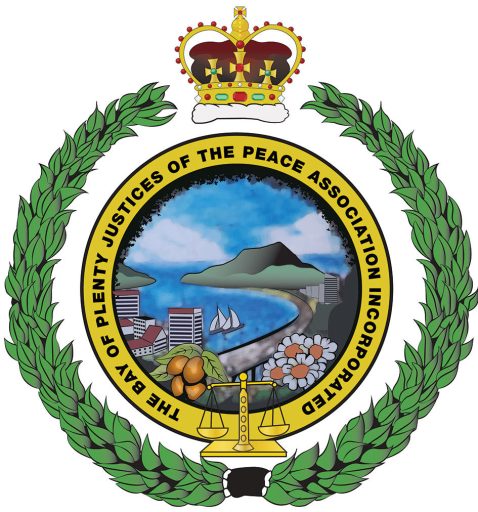Certifying Copies
The Justice of the Peace must see the original document in order to certify your copy as a true copy.
Have your originals and your copies in separate folders to reduce the possibility of the originals being inadvertently stamped.
You do not have to be the owner of the documents; you may get copies certified for another person.
Be specific when making an appointment about how many pages there are and the Justice of the Peace will then be able to give you an idea of how long it will take. If you have a large number of copies it may be possible to leave them with the Justice of the Peace and collect them at a later time if that is agreeable to you both.
On-line documents
If you need a certified copy of a document you have printed from a website or email attachment (such as a utility bill), the Justice will need to see the original
on-line.
- You could take your smartphone, tablet or laptop to the appointment and use that.
- The Justice may allow you to use their computer (check before coming to the appointment).
In either case, to protect your private information, the Justice will ask you to enter any passwords required, and to log out once the document has been seen.
Witnessing a signature
Tell the Justice of the Peace exactly what type of form requires your signature to be witnessed.
Most forms state whether a JP is able to act as your witness.
The form must be yours and you must be the person named in it.
It is very useful to bring some form of photo identification.
Please note that witnessing a will is not a function of Justices of the Peace.
A JP may witness a will but they are acting as an ordinary person, and do not use the letters JP after their signature.
Verifying your Identity
Banks and other financial institutions are required by law to verify the identity of their clients. Justices do this by
- comparing a photo ID document with the client (suitable forms of photo ID include passport, driver licence, a NZ Firearms Licence)
- writing a statement on a copy of the photo ID that includes words similar to “Certified true copy of [name of ID document] that represents the identity of the named individual”
This means
- you must bring your own photo ID document and a copy to the appointment
- if the bank or finance company has provided an instruction sheet, bring that with you. Different companies may require slightly different wording, and the Justice needs to know what to write on your copy.
- you may also need to supply the bank with copies of other documents, such as a power bill, to confirm your address. Make sure you check what’s needed before meeting the JP.
Statutory Declarations
A declaration is a statement of facts, which may be made for any reason.
The person making the declaration must be present in person before the Justice of the Peace. You cannot make a declaration on behalf of anyone else.
You must personally sign your statutory declaration in front of the Justice of the Peace.
As these are legal documents, the procedure must comply with the Oaths and Declarations Act 1957 or the High Court Rules.
You can download a blank statutory declaration form here
Affidavits
An affidavit is a document that may be used in court.
It is either sworn (an oath taken on a Holy Book) or affirmed (a non-religious, solemn and sincere statement) before the Justice of the Peace.
The person making the affidavit must personally sign the documents in front of the Justice of the Peace.
As these are legal documents, the procedure must comply with the Oaths and Declarations Act 1957 or the High Court Rules.
Marriage Dissolution
These documents can take some time so tell the Justice of the Peace when you make an appointment.
Tell the Justice of the Peace whether it is a single application or a joint application, and whether one or both of you are coming to see the JP.
Make sure you have the actual Marriage Certificate and not simply the ‘Particulars of Marriage’.
Bring the written separation agreement if there is one.
Ensure that a ‘Service’ Affidavit associated with a One Party Application has not been served on a Sunday or Public Holiday.
Overseas Documents
Justices of the Peace in New Zealand are authorised under New Zealand legislation and usually cannot complete documents required by a foreign jurisdiction.
There are exceptions however, so check with the embassy, consulate or other agency to see if it is acceptable to them for a New Zealand Justice of the Peace to complete your documents.
